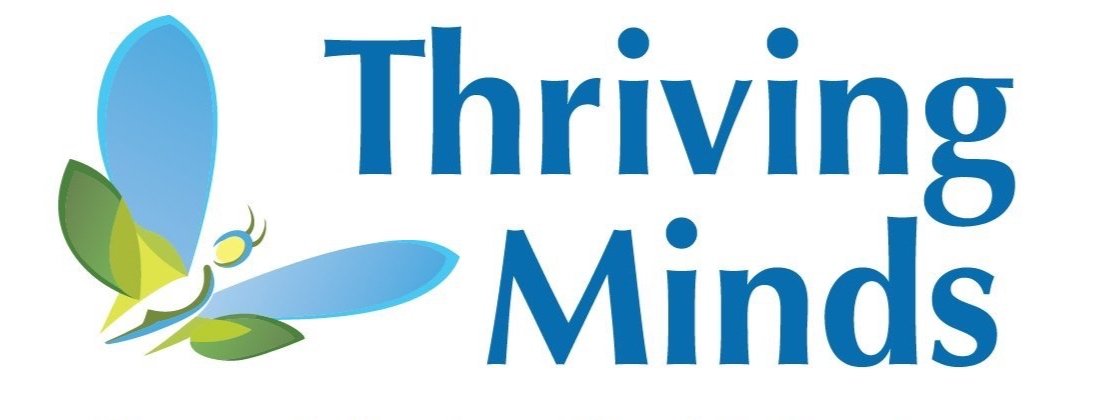As the school year kicks off, many children are navigating new routines, relationships, and expectations. While most adjust with time and support, others may be quietly struggling—often in ways that don’t match the traditional “red flag” behaviors we’re trained to spot. Early detection of mental health issues in children can make a critical difference, and sometimes, the signs are more subtle than we think. Here’s what to watch for—and what to do when something doesn’t feel quite right.
Read MoreIn clinical and educational settings, it’s increasingly common to encounter children with complex communication profiles. Among these, Selective Mutism (SM) and Autism Spectrum Disorder (ASD) are two diagnoses that may co-occur—or be easily confused. While SM and ASD are distinct conditions, emerging evidence suggests a notable degree of overlap, both in behavioral presentation and in the supports that can help children thrive. Here are several key takeaways for professionals:
Read MoreAs summer arrives, longer days and looser routines can throw off even the best sleepers. For many families, the shift from the structured school year to summer’s flexibility can make it harder for children to get the rest they need. Quality sleep is essential for children’s mood, behavior, learning, and overall health, so it’s worth helping families think proactively about their summer sleep routines. We are sharing five tips to keep sleep on track.
Read MoreTaking a break from school might feel like a relief for kids who struggle with school attendance. However, without school refusal intervention, the underlying issues—like anxiety, social fears, or academic overwhelm—don’t just disappear. Summer is a unique opportunity to work on coping skills, address fears, and gradually reintroduce the idea of school in order to prepare for the academic year to come.
Read MoreIf you work with children and adolescents, you know that supporting mental health in an educational setting can be complex. Between Individualized Education Programs (IEPs), Section 504 Plans, and a shifting legal landscape, these systems can feel overwhelming. This month’s newsletter aims to break down key aspects of the laws that contribute to these services and provide you with the tools you need to advocate effectively for your clients and students.
Read MoreWe’ve all encountered the question: Is it time to refer this client out? It’s never an easy decision, and it comes with ethical, practical, and emotional considerations. We want to provide the best possible care, but sometimes that means helping a client transition to a different provider or a higher level of support. So, this month, we’re diving into when to refer out, how to do it ethically, how to collaborate with schools, and ways to support clients during long wait times.
Read MoreIf you work with children and adolescents struggling with anxiety disorders, you know how crucial it is to keep refining your approach to treatment. Today, we want to highlight the Inhibitory Learning Model (ILM) — an evidence-based framework that offers a nuanced understanding of exposure therapy and its effectiveness. Traditionally, exposure therapy has been viewed through the lens of fear extinction, where the goal is to reduce a young person’s fear response over repeated exposure to a feared stimulus. However, the research has not always supported this perspective on why ERP is effective. Enter the Inhibitory Learning Model — a paradigm shift that focuses on helping clients develop new, non-fear-based associations with anxiety-provoking stimuli.
Read MoreIn recent years, mindfulness has become a common tool in treating children with mental health disorders like anxiety, ADHD, and depression. Mindfulness is used in various therapeutic settings, often as part of a broader treatment plan that may also include cognitive-behavioral therapy (CBT) or family counseling.
Read MoreRecently, there’s been a growing focus on parent training and interventions aimed at supporting parents in the fields of psychology and education. Research keeps showing us just how important parents are in shaping their children’s behavior, emotions, and academic success. Effective parent training programs not only enhance parenting skills but also help us tackle behavioral challenges, anxiety disorders, and boost academic performance. In this article, we will discuss the ways in which professionals are using parent training to support children and adolescents.
Read More









